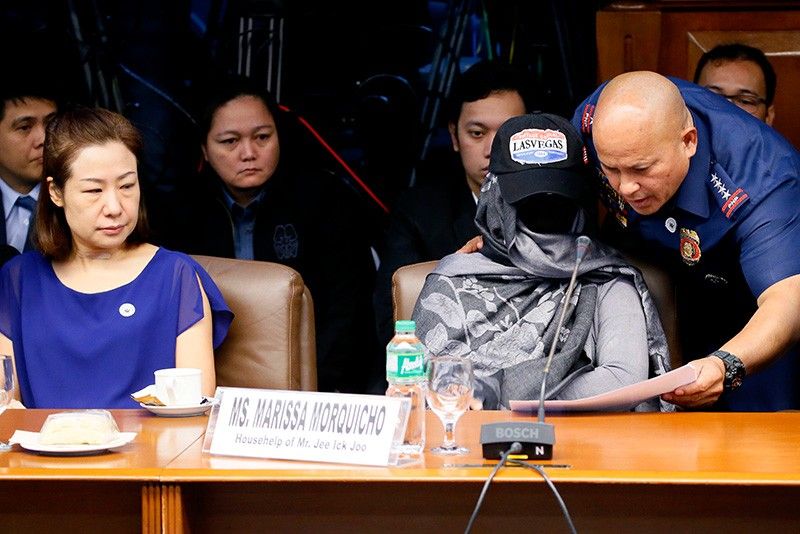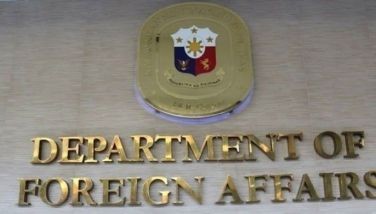Vigilante killings disappear after halt in police drug efforts

MANILA, Philippines — Sen. Panfilo Lacson noted a "commendable coincidence" that there was an absence of vigilante killings overnight after the Philippine National Police stopped its anti-drug operations on Monday.
"That says a lot dahil right after the instructions, right after the announcements made by the chief PNP Gen. (Ronald) dela Rosa... nag-zero killings overnight," Lacson told reporters, as seen in a video released by his staff.
Lacson said the Dela Rosa's order was supposed to only apply to police officers involved in President Rodrigo Duterte's war on drugs, but even killings done by masked assailants have disappeared in Manila.
Nagkataon lang ba ang 'zero killings' matapos patigilin ang anti-drug operations ng PNP? pic.twitter.com/86GcElLVtQ
— Senator Ping Lacson (@pinglacsonofcl) January 31, 2017
"Bakit parang pati mga vigilantes sumunod, na wala silang napatay? Walang riding-in-tandem, walang pinasok sa mga shanties. (Why does it seem like even the vigilantes followed the order? There weren't no killers on motorcycles, and no one was killed in shanties.)," Lacson noted.
After the interview, the senator posted on Twitter: "After the (PNP chief) ordered a halt to all anti-drugs operations by the police, no vigilante killing occurred overnight. Commendable coincidence."
More than 7,600 people, who were mostly poor, have been killed in police operations and vigilante killings since July last year when Duterte assumed the presidency. Authorities would try to wash their hands of liability from "killings under investigation" while it attributing deaths of suspects in anti-drug efforts to self-defense measures of raiding teams.
Reports on the administration's drug war, however, have long suspected a connection between orchestrated killings and the police through what seems to be death squads roaming the streets.
On Monday, Dela Rosa ordered a shift in police efforts from anti-narcotics to internal cleansing following the death of Korean businessman Jee Ick-joo. The victim allegedly died in the hands of police officers who abducted him and demanded ransom from his family.
"No more drug operations now," Dela Rosa told police officers at the main police camp, without indicating how long the ban would last.
The scale of the anti-drug campaign has been unprecedented, with officials reporting that more than 7 million houses of drug suspects have been visited so far, prompting more than 1.1 million mostly drug users to surrender and agree to undergo rehabilitation programs.
Human rights watchdogs have suspected extrajudicial killings of drug suspects may have been covertly carried out by police or at their behest.
Phelim Kine, deputy Asia director at U.S.-based Human Rights Watch, said the temporary stoppage in police anti-drug operations to allow an internal police purge "is nothing less than an empty public relations gesture unless he seeks meaningful accountability for the more than 7,000 Filipinos killed" in the crackdown.
While Dela Rosa has suspended police operations, Duterte has declared his crackdown would continue up the last day of his six-year term.
"We have to focus our effort toward internal cleansing and by the time we have cleansed the national police, the president will determine that and he will instruct us to go back to our war on drugs," said Dela Rosa, warning wrongdoers they face dire punishments.
"You policemen involved in syndicates, let's see what happens now, fight back so you'll end up dead," Dela Rosa said. "You will be killed by this counter-intelligence task force." — Camille Diola with reports from the Associated Press
- Latest
- Trending































